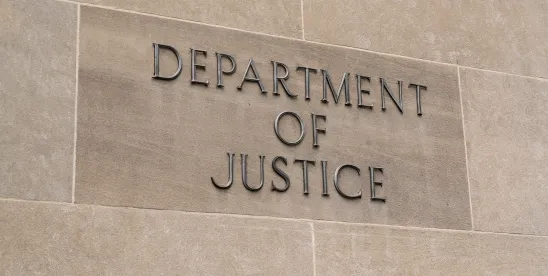On September 18, 2024, the Department of Justice (DOJ) announced a settlement with Dunes Surgical Hospital and United Surgical Partners International, Inc. (USPI), an entity holding a partial ownership interest in Dunes, in connection with alleged violations of the federal False Claims Act (FCA), Anti-Kickback Statute (AKS), and Physician Self-Referral Law (commonly referred to as the “Stark Law”). The settlement arises from the self-disclosure by Dunes and USPI of alleged improper arrangements following an internal compliance review and an independent investigation. As part of the settlement, the defendants agreed to pay the federal government $12.76 million for claims related to federal health care programs as well as $1.37 million to the states of South Dakota, Iowa, and Nebraska, respectively, for state Medicaid related claims.
According to DOJ, Dunes allegedly made “significant financial contributions” (of approximately $300-375k per year) between 2014 and 2019 to a non-profit entity affiliated with a physician group that made patient referrals to Dunes. DOJ alleged the financial contributions were made in exchange for patient referrals, as they funded salaries of employees in a position to refer to the physician group and Dunes. Additionally, DOJ alleged that Dunes provided a separate physician group with below fair market value office space, staff, and supplies. DOJ alleged that these payments and arrangements violated the AKS and the Stark Law, and accordingly claims submitted in connection with the arrangements could violate the FCA.
Notably, the defendants were given credit by the government for self-reporting the arrangements, and the “significant steps” the defendants took in doing so, including an internal compliance review, an independent investigation, and providing the government with a detailed written disclosure while also cooperating with the investigation.
This settlement is a reminder of the risk for hospitals and other health care organizations in entering into financial relationships with referral sources, and the need to vet all arrangements closely (including those with affiliated non-profit organizations). Additionally, the settlement and DOJ’s comments accompanying the settlement indicate that it is intended to incentivize cooperation and self-disclosure of potentially unlawful arrangements, and the potential benefits of doing so, in connection with ongoing compliance activities.
*This post was co-authored by Paul Palma, legal intern at Robinson+Cole. Paul is not admitted to practice law.




 />i
/>i

